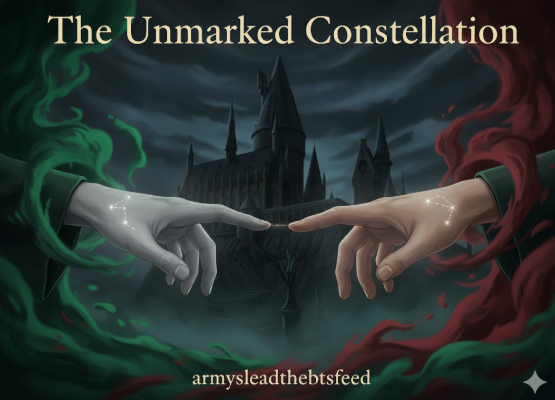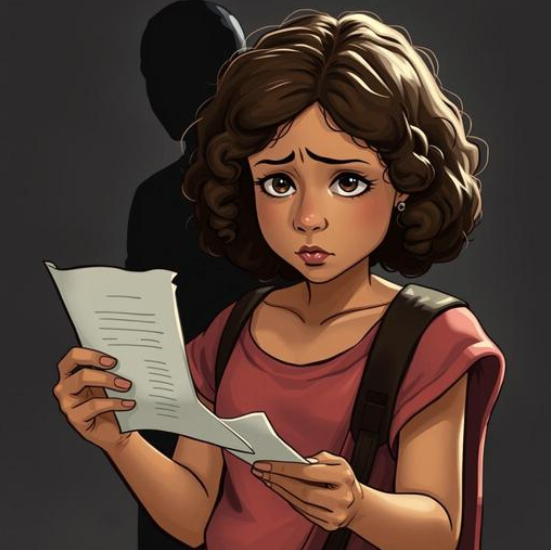Morning light pooled softly over the lanes of Nehru Enclave as Meera stepped out of her paying guest accommodation, a slim book tucked under her arm. The PG was a two-storey house converted into small rooms with narrow balconies, and its kitchen already smelled faintly of boiling milk and cardamom from the breakfast they served. She had eaten quickly—two poha-filled bowls with a slice of toast—and slipped away before the other girls could chatter her into staying.
The walk to Ramanujan took fifteen minutes if she kept a steady pace. She liked it; it was the only time she felt entirely her own. The street was lined with gulmohar trees, their blossoms scattered across the pavement like spilled vermillion. She kept her head down, earbuds in but no music playing—just a shield against conversations. Her parents had chosen this PG for its proximity and “family” reputation, and she was determined not to give them any reason to worry.
At the college gate she slowed, letting her breath even out. Her Literature classes were in the old wing—a block of weathered stone corridors, tall windows, and a library that smelled of history. She took the side staircase, enjoying how the noise of the main quad dimmed behind her.
Inside the department, a handful of students were already seated. She slipped into a back bench and pulled out her notebook. Around her, first-years chattered about the freshers’ party and clubs. Meera scribbled her timetable instead, adding her parents’ call time in the margin.
“Morning, Meera.”
She glanced up. Ayan Mehra leaned against the doorframe, a faint drizzle still on his hair. His camera hung at his side, a strap across his shoulder. He had that same unhurried energy she had noticed the day before—like he belonged here without needing to prove it.
“Good morning,” she said politely.
“Long walk from the PG?” he asked.
Her eyes narrowed slightly. “How do you know I stay in a PG?”
“I saw you come from Nehru Enclave yesterday,” he said easily. “I cut through there sometimes on my runs. Didn’t mean to pry.”
Meera looked back at her notebook. “It’s close to college. Convenient.”
“Convenient is good,” he said. “But boring.” He grinned. “Ever try the tea stall at the end of your lane? Their adrak chai can fix any morning.”
“I get my chai at the PG,” she replied. “They provide meals.”
“That explains the lunchbox,” he said, nodding at the foil packet peeking out of her bag.
Meera shifted, uncomfortable at how much he had noticed. “I like cooking,” she said after a moment. “Even if they feed us, I make things sometimes. It calms me.”
Ayan’s smile softened. “My grandmother says food tastes different when it’s made by someone who loves cooking. If you ever feel like sharing recipes, I’d be a willing student.”
The professor arrived, and the class shuffled into order. Through the lecture on Romantic poetry, Meera tried to focus on the words—Keats, Shelley, Wordsworth—but she kept catching glimpses of Ayan’s profile as he sat across the aisle. He wasn’t staring at her, just listening, pen moving across his notebook. But she felt a strange awareness, as if he carried the same quiet interest he had shown in the canteen.
After class, as students spilled into the corridor, he waited near the stairwell. “Headed back to the PG?” he asked.
“Yes.”
“Mind if I walk with you? I have to cut through Nehru Enclave anyway.”
Meera hesitated. She had promised herself no entanglements. Yet saying no to a simple walk felt rude. “Fine,” she said, clutching her book a little tighter.
They left through the side gate, the afternoon sun breaking through clouds. For a while they walked in silence, passing paan shops and cycle repair stands, the smell of frying kachoris drifting out from a corner stall. She noticed how Ayan slowed his stride to match hers, not crowding but not lagging behind.
“You always read while walking?” he asked gently, nodding at the book she held open.
“Sometimes. It’s a habit.”
“What are you reading?”
“Tagore’s essays,” she said. “His prose is like conversation.”
He smiled. “Maybe you’ll lend me one someday.”
At the PG gate she stopped. “Thank you for the walk,” she said, voice polite but a little softer now.
“Anytime,” he replied. “See you tomorrow?”
Meera gave a small nod before slipping inside. The PG smelled of dal and rice cooking in the kitchen, and the familiar hum of ceiling fans greeted her. She climbed the narrow staircase to her room and sat on the edge of the bed, the book still in her hand.
It was just a walk. Just conversation. Nothing more. Yet the day felt slightly brighter, as though the margins of her routine had been filled with something she didn’t have a word for yet.






Write a comment ...